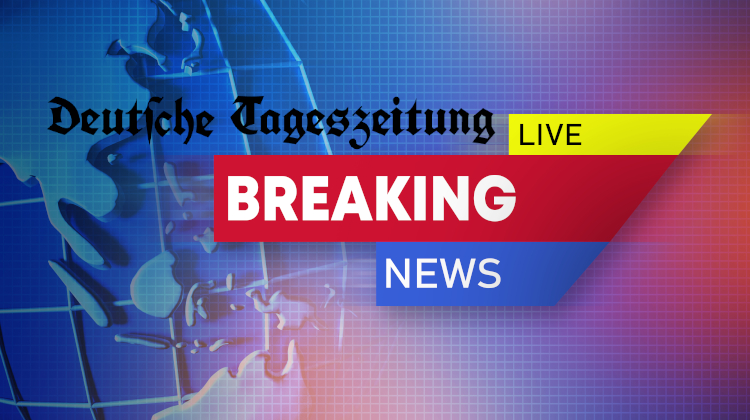
Eurozone economy rebounded in 2021 after Covid crash

The eurozone economy posted robust growth last year, official data showed Monday, but fallout from the Omicron variant and an energy crunch have raised doubts about the bloc's ability to sustain the pace.
While historic, the 5.2 percent expansion failed to regain all the ground lost to the crash suffered in 2020, when the first shock of the coronavirus pandemic saw the eurozone contract by a cataclysmic 6.4 percent.
The strength of the eurozone's recovery trailed the boom in the United States, which grew by 5.6 percent in 2021. China's lept by 8.1 percent, according to government data.
The Eurostat data office said the full 27-country EU economy, which includes several large economies that do not use the euro such as Poland and Sweden, grew by 5.9 percent.
Analysts said the rebound showed strong divergences especially late in the year, with export powerhouse Germany seeing negative growth in the final quarter, and France, Spain and Italy expanding healthily.
Jessica Hinds of Capital Economics warned that for the eurozone's core economies, where Germany is essential, "further gains will be much harder going, particularly against a backdrop of still acute supply shortages".
The German government on Wednesday lowered its economic growth forecast for 2022 because of problems posed by Omicron and its effect on the global supply chain, a crucial concern for Europe's biggest economy.
- 'Soft start' -
The crisis in Ukraine has also darkened the mood, as fears grow that Russia, a major source of fossil fuels, could curb the gas supply to Europe when heating needs are at a peak.
This would add to challenges posed by the highly contagious Omicron coronavirus variant that has brought a new wave of health restrictions and disrupted supply chains.
"We expect a soft start to 2022 as high cases and the return of restrictions, especially on contact-intensive services, weigh on growth in the first quarter," Rory Fennessy of Oxford Economics said.
But a strong rebound is expected over the second and third quarters "as supply bottlenecks unwind and consumer demand recovers," he added.
Analysts are also keeping a close eye on inflation, which is gaining ground in the eurozone and could bring a hit to consumer demand if it is not tamed in the coming months.
Prices rose at an annual rate of five percent in December, the highest value on record for the currency bloc, and governors for the European Central Bank will meet on Thursday to discuss the next move.
ECB chief Christine Lagarde holds strong to her position that the inflation is due to temporary factors such as supply bottlenecks and defends her existing policy of super low interest rates and major stimulus.
The IMF last week cut its world GDP forecast for 2022 to 4.4 percent because of the surprise challenges posed by the Omicron variant.
(V.Sørensen--DTZ)
